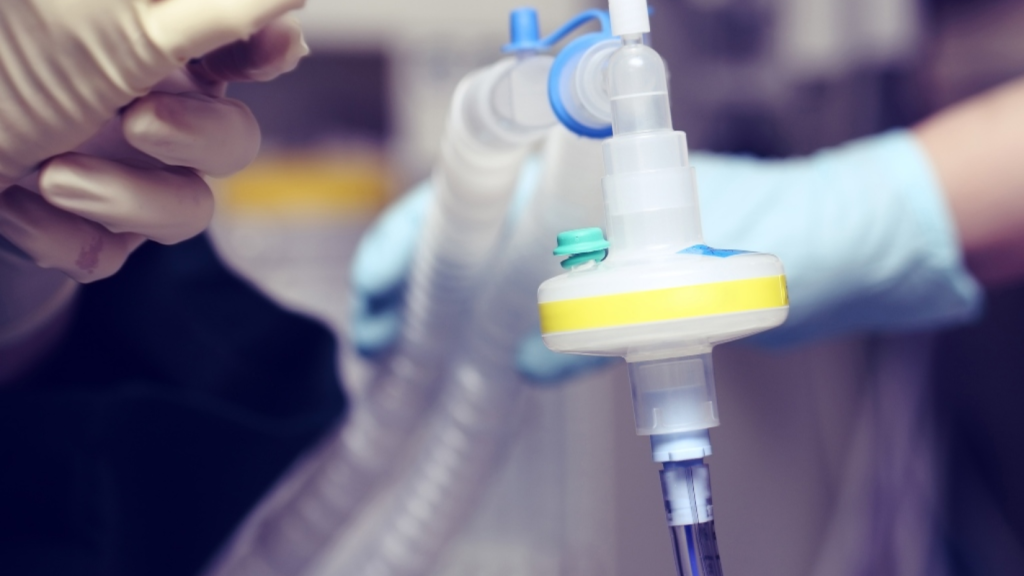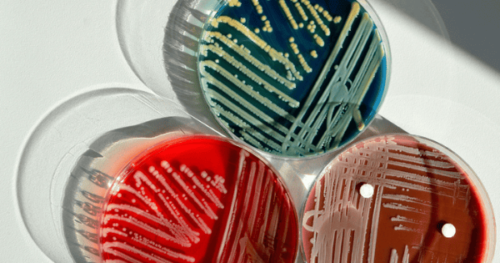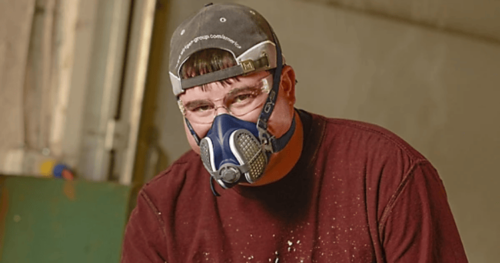In medical settings, healthcare-associated infections (HAIs) are a serious concern because they can jeopardize patient safety and make recovery more difficult. By stopping the transmission of dangerous germs and preserving sterility, bacterial filters are essential in reducing these dangers. We will examine the roles, advantages, and effects of bacterial filters on healthcare environments as we examine their critical role in reducing HAIs in this blog post.
What Are Bacterial Filters?
Bacterial filters are specialized filtration devices designed to remove bacteria and other microorganisms from the air or fluid systems. They work by trapping particles as air or fluids pass through the filter, ensuring that contaminants are eliminated before reaching sensitive areas or equipment. These filters are essential in environments where sterility is paramount, such as hospitals, clinics, and laboratories.
How Bacterial Filters Prevent Healthcare-Associated Infections
- Ensuring Clean Air in Medical Environments
- Airborne Contaminant Removal: Bacterial filters are commonly used in ventilation systems to remove airborne bacteria and other pathogens. By filtering the air that circulates in patient rooms, operating theaters, and other critical areas, these filters reduce the risk of airborne transmission of infections.
- Maintaining Sterile Conditions: In high-risk areas such as operating rooms and intensive care units (ICUs), maintaining a sterile environment is crucial. Bacterial filters help ensure that the air remains free from contaminants, contributing to a safer environment for patients undergoing surgery or intensive treatment.
- Protecting Sensitive Equipment
- Preventing Contamination of Medical Devices: Medical equipment and devices that come into contact with patients or are used in sterile procedures must be kept free from contaminants. Bacterial filters prevent the contamination of these devices by filtering out microorganisms from the air or fluids that may come into contact with them.
- Enhancing Equipment Longevity: By preventing the buildup of harmful microorganisms, bacterial filters help extend the lifespan of sensitive medical equipment. This reduces the risk of equipment failure and maintains the reliability of medical procedures.
- Reducing Cross-Contamination Risks
- Isolation of Contaminated Areas: In healthcare settings, isolating contaminated areas from clean ones is essential to prevent the spread of infections. Bacterial filters are used in isolation rooms and other controlled environments to ensure that any airborne contaminants do not escape and potentially infect other areas.
- Protecting Healthcare Workers and Patients: Bacterial filters contribute to the protection of both healthcare workers and patients by reducing the risk of exposure to harmful microorganisms. This is particularly important in settings where healthcare workers are in close proximity to patients or handling high-risk procedures.
- Enhancing Infection Control Protocols
- Integration with Infection Control Measures: Bacterial filters are an integral part of broader infection control protocols in healthcare settings. They complement other measures such as hand hygiene, surface disinfection, and the use of personal protective equipment (PPE) to create a comprehensive approach to preventing HAIs.
- Compliance with Standards and Regulations: The use of bacterial filters helps healthcare facilities comply with stringent infection control standards and regulations. This ensures that they meet the required benchmarks for maintaining a safe and sterile environment.
Benefits of Bacterial Filters in Healthcare
- Improved Patient Outcomes
- By reducing the risk of infections, bacterial filters contribute to better patient outcomes and quicker recovery times. Patients are less likely to experience complications related to HAIs, leading to improved overall health and satisfaction.
- Enhanced Safety for Healthcare Providers
- Healthcare providers benefit from a safer working environment where the risk of exposure to infectious agents is minimized. This helps reduce absenteeism and supports the well-being of medical staff.
- Cost Savings
- Preventing HAIs through the use of bacterial filters can result in significant cost savings for healthcare facilities. By reducing the incidence of infections, facilities can lower the costs associated with extended hospital stays, additional treatments, and legal liabilities.
Conclusion
In order to effectively prevent infections linked to healthcare, bacterial filters are an essential part of infection control in hospital environments. These filters help create a safer and more efficient healthcare environment by guaranteeing clean air, safeguarding delicate equipment, and improving general infection control procedures. Purchasing top-notch bacterial filters is a crucial first step in guaranteeing improved results, preserving the integrity of medical procedures, and protecting both patients and healthcare professionals.



